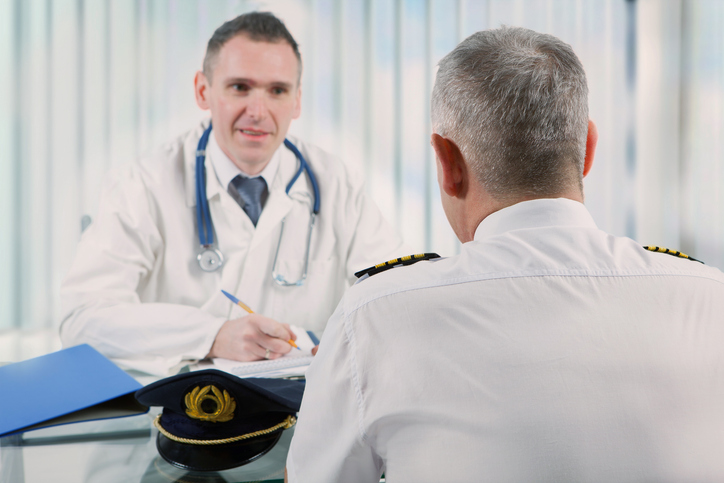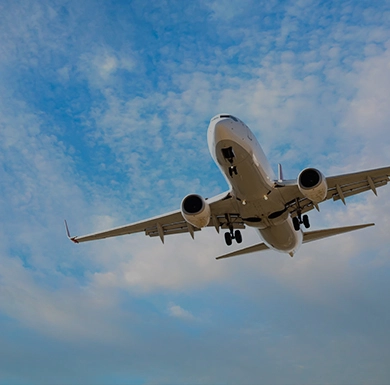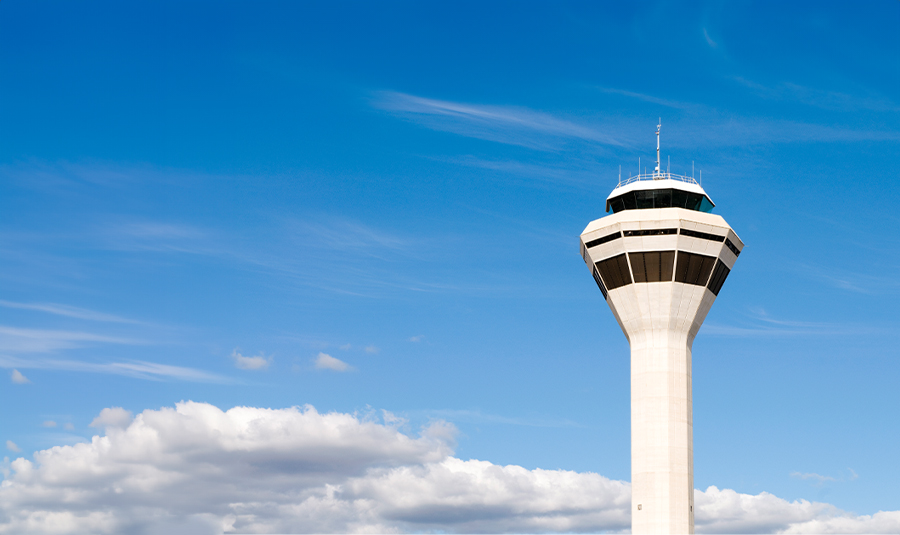
Diabetes is a chronic condition that affects tens of millions of people worldwide. A common question that arises is whether individuals with diabetes can pursue or maintain a career as a pilot. The answer depends on the type of diabetes and the applicable aviation regulations.
In the past, a diabetes diagnosis, particularly one requiring insulin, was often a barrier to becoming a pilot. However, advancements in diabetes monitoring have led many aviation authorities to revise their policies, allowing some individuals with diabetes to fly under strict medical supervision.
What Is Diabetes?
Diabetes is a chronic medical condition that affects how the body processes blood sugar (glucose). It occurs when the pancreas either does not produce enough insulin or the body cannot effectively use the insulin it produces. Insulin is a hormone responsible for regulating blood sugar levels.
Approximately 38.4 million people in the U.S. have diabetes, which is just over 11% of the population. Of this population, 38.1 million are aged 18 or older.
There are several types of diabetes, including:
- Type 1 Diabetes: An autoimmune condition where the body’s immune system attacks insulin-producing cells in the pancreas. It typically requires lifelong insulin therapy.
- Type 2 Diabetes: A metabolic disorder where the body becomes resistant to insulin or does not produce enough insulin. It is often managed with lifestyle changes, oral medications, and sometimes insulin. Sometimes, this form of diabetes is called “adult on-set diabetes,” but children and teenagers may develop this condition also.
- Gestational Diabetes: A temporary condition that occurs during pregnancy and usually resolves after childbirth but can increase the risk of developing Type 2 diabetes later in life.
Proper management of diabetes is essential to prevent complications such as cardiovascular disease, nerve damage, kidney disease, and vision impairment.
FAA Regulations in the United States
The Federal Aviation Administration (FAA) has specific guidelines for medical certification for pilots with diabetes:
- Type 2 Diabetes (Non-Insulin-Dependent): Pilots with well-controlled Type 2 diabetes managed through diet, exercise, or oral medications can typically qualify for a medical certificate. They must demonstrate stable blood sugar levels and meet other health requirements.
- Type 1 or Insulin-Dependent Type 2 Diabetes: The FAA allows pilots with insulin-treated diabetes to obtain a first-, second-, or third-class medical certificate under the Insulin-Treated Diabetes Mellitus (ITDM) protocol. This requires strict blood sugar monitoring, frequent medical evaluations, and in-flight glucose management.
Pilots under the ITDM protocol must:
- Use a continuous glucose monitoring (CGM) system.
- Maintain logs of blood sugar levels.
Pilots also have to undergo regular medical check-ups and submit detailed reports to the FAA.
International Aviation Regulations Concerning Diabetes
Different countries have varying policies regarding pilots with diabetes:
- United Kingdom (UK Civil Aviation Authority (CAA): The UK CAA allows insulin-treated pilots to fly commercial aircraft under a rigorous monitoring program.
- Canada (Transport Canada): Canada has a protocol similar to the FAA’s, allowing insulin-dependent pilots to fly under strict regulations.
- European Union Aviation Safety Agency (EASA): Some EU countries permit insulin-dependent pilots to fly with appropriate medical oversight.
In the last two decades, regulations preventing diabetic pilots from flying have been loosened internationally.
Pilots Can Have Diabetes and Still Fly
Pilots can have diabetes, but their ability to fly depends on the type of diabetes and how they manage their condition. Advances in medical technology have made it possible for insulin-dependent pilots to fly safely under strict protocols. Individuals with diabetes interested in aviation should consult with medical professionals and aviation authorities to understand the specific requirements and ensure compliance with necessary health and safety standards.
If you are a pilot with diabetes and need help seeking medical certification, contact a skilled aviation lawyer for help.
Contact the Aviation Lawyers from The Ison Law Firm Aviation Lawyers for Help Today
You need both a pilot and a lawyer on your side for your aviation law needs. Don’t hesitate to contact our team from The Ison Law Firm Aviation Lawyers to schedule a confidential consultation with an experienced aviation lawyer today.
We’re pilots representing pilots. The Ison Law Firm Aviation Lawyers offers FAA enforcement defense and medical certification representation worldwide!
The Ison Law Firm Aviation Lawyers
Phone: Toll-Free 855-322-1215
Office Hours: Mon – Thu, 9:00 AM to 5:00 PM
Fri, 9:00 AM to 12:00 PM
Disclaimer: Messages left for attorneys after these business hours will be addressed the following business day, during business hours.

